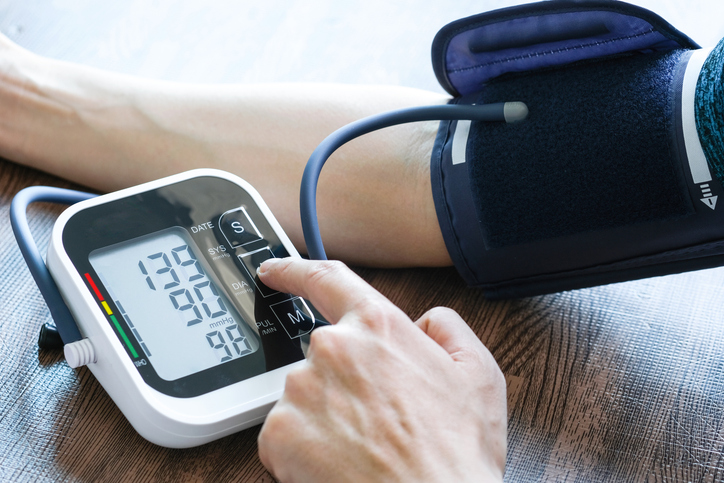2024-11-20
Mobile applications: a revolution in diabetes management?
Endocrinology and Metabolism
Diabetes is a complex chronic condition that
requires strict management to prevent complications and maintain optimal
quality of life. In this context, mobile health applications have emerged as
digital allies in managing the disease. These tools promise to revolutionize
glucose monitoring, optimize diet and therapeutic education, and improve
patients' quality of life. However, the precise efficacy and acceptability of
these applications remain to be thoroughly evaluated. This study explores the
use of these technological tools for diabetes management in adult patients.
Thirteen studies were reviewed to characterize the current use of mobile applications by diabetic patients and their potential future impact.
The study highlights several key advantages of mobile applications in diabetes management, including better glycemic control, a structured approach to tracking physical activity and diet, as well as simplified communication with healthcare professionals.
The findings reveal that 35% of patients currently use a mobile application to manage their diabetes, with significant regional variations (15% to 55%). Moreover, over 57% of participants expressed interest in adopting these tools in the future. However, nearly 40% of surveyed patients expressed doubts about the effectiveness of mobile applications in managing their condition.
The study demonstrates that a significant proportion of diabetes patients use mobile applications and that interest in these tools is high. While mobile applications provide valuable technological support, redefining standards in diabetes management, the substantial variability among studies underscores the need to develop more effective and user-friendly applications tailored to individual patient needs.
Can mobile applications play a role in diabetes management?
Thirteen studies were reviewed to characterize the current use of mobile applications by diabetic patients and their potential future impact.
The study highlights several key advantages of mobile applications in diabetes management, including better glycemic control, a structured approach to tracking physical activity and diet, as well as simplified communication with healthcare professionals.
The findings reveal that 35% of patients currently use a mobile application to manage their diabetes, with significant regional variations (15% to 55%). Moreover, over 57% of participants expressed interest in adopting these tools in the future. However, nearly 40% of surveyed patients expressed doubts about the effectiveness of mobile applications in managing their condition.
A digital future for diabetes management
The study demonstrates that a significant proportion of diabetes patients use mobile applications and that interest in these tools is high. While mobile applications provide valuable technological support, redefining standards in diabetes management, the substantial variability among studies underscores the need to develop more effective and user-friendly applications tailored to individual patient needs.

Last press reviews
Arterial hypertension: radar blood pressure monitors for greater accuracy

By Elodie Vaz | Published on February 20, 2026 | 3 min read<br>
Safe Sex 2.0: which digital tools actually work?

By Ana Espino | Published on February 20, 2026 | 3 min read<br><br>
Stem cell transplantation: ai to predict severe complications

By Elodie Vaz | Published on February 18, 2026 | 3 min read<br>